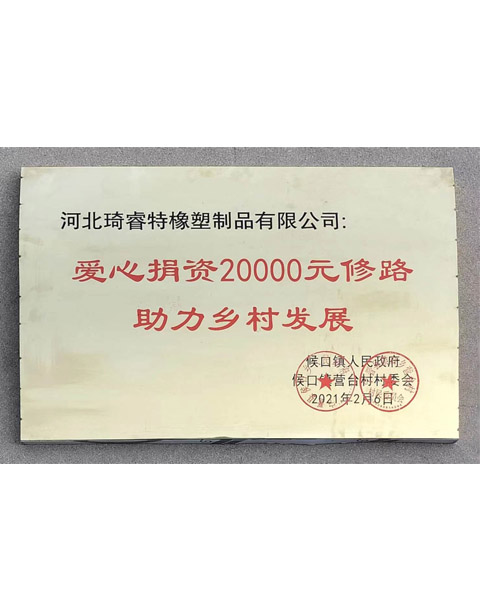High-Performance PTFE Power Steering Hose for Enhanced Durability and Fluid Efficiency in Vehicles
The Benefits of PTFE Power Steering Hoses
Power steering systems are crucial for enhancing vehicle maneuverability, making driving easier and more enjoyable. Among the various components that make up these systems, hoses play a significant role. Traditionally made from rubber, many manufacturers are now turning to polytetrafluoroethylene (PTFE) for power steering hoses, showcasing several advantages that make this innovative material a superior choice.
Understanding PTFE
Polytetrafluoroethylene is a high-performance plastic known for its exceptional resistance to heat, chemicals, and abrasions. Widely recognized for its non-stick properties and its ability to withstand extreme environments, PTFE is commonly found in various applications beyond automotive, including industrial, medical, and culinary sectors. This versatility is one of the key reasons why PTFE is now making inroads into automotive manufacturing, particularly in power steering systems.
Advantages of PTFE Power Steering Hoses
1. Thermal Resistance One of the significant challenges power steering systems face is heat. Traditional rubber hoses can degrade over time when exposed to high temperatures, leading to leaks or failures. PTFE hoses can withstand temperatures ranging from -70°F to 500°F (-57°C to 260°C), ensuring they maintain their integrity in extreme conditions. This robustness translates to a longer lifespan and reduced maintenance costs.
ptfe power steering hose

2. Chemical Resistance Power steering fluids can contain a mix of chemicals that may degrade rubber hoses, leading to deterioration and system inefficiency. PTFE is inert and non-reactive, meaning it won’t corrode or break down when subjected to these fluids. This property ensures that PTFE hoses remain reliable throughout their operational life, reducing the risk of unexpected breakdowns.
3. Low Friction One of the unique features of PTFE is its low friction coefficient. In power steering applications, this translates to smoother fluid flow and reduced energy loss. As a result, the power steering system operates more efficiently, requiring less power from the engine and enhancing overall vehicle performance. This can contribute to improved fuel efficiency, which is a significant consideration for modern drivers.
4. Lightweight and Flexible Despite their extreme durability and strength, PTFE hoses are lightweight and flexible. This flexibility makes installation easier, even in tight spaces where traditional hoses might struggle. Additionally, the reduced weight contributes to a lower overall vehicle weight, which can further enhance fuel economy and performance.
5. Resistance to Abrasion and Environmental Factors PTFE is not only resistant to heat and chemicals but is also highly resistant to friction and wear. The outer surface of PTFE hoses can endure the rigors of constant movement and harsh environments, protecting the integrity of the hose. This is especially important for vehicles that face challenging driving conditions or that are used in demanding environments.
Conclusion
The transition from traditional rubber power steering hoses to PTFE hoses marks a significant advancement in automotive technology. With their superior thermal and chemical resistance, low friction properties, and lightweight design, PTFE hoses offer numerous benefits that enhance vehicle performance, efficiency, and longevity. As the automotive industry continues to evolve, PTFE power steering hoses are poised to become a standard component in modern vehicles, helping to deliver a smoother and more reliable driving experience. Whether you’re an automotive enthusiast or a regular driver, the advantages offered by PTFE should not be overlooked in the ever-competitive market for automotive parts.
-
Quick Release Ball Joint – Tool-Free, Durable, Leak-TightNewsNov.13,2025
-
Spiral Guard Hose Protection — Durable, UV-Resistant WrapNewsNov.13,2025
-
SAE J1401 Brake Hose Specifications: Durable, Low ExpansionNewsNov.13,2025
-
SAE J1401 Brake Hose Specifications | DOT-Approved, DurableNewsNov.13,2025
-
Spiral Guard Hose Protection - Abrasion-Resistant, UV-StableNewsNov.10,2025
-
SAE J1401 Brake Hose Specifications | DOT-Certified, DurableNewsNov.10,2025

